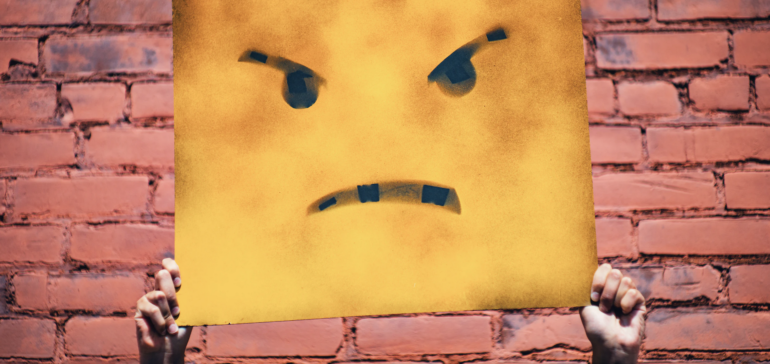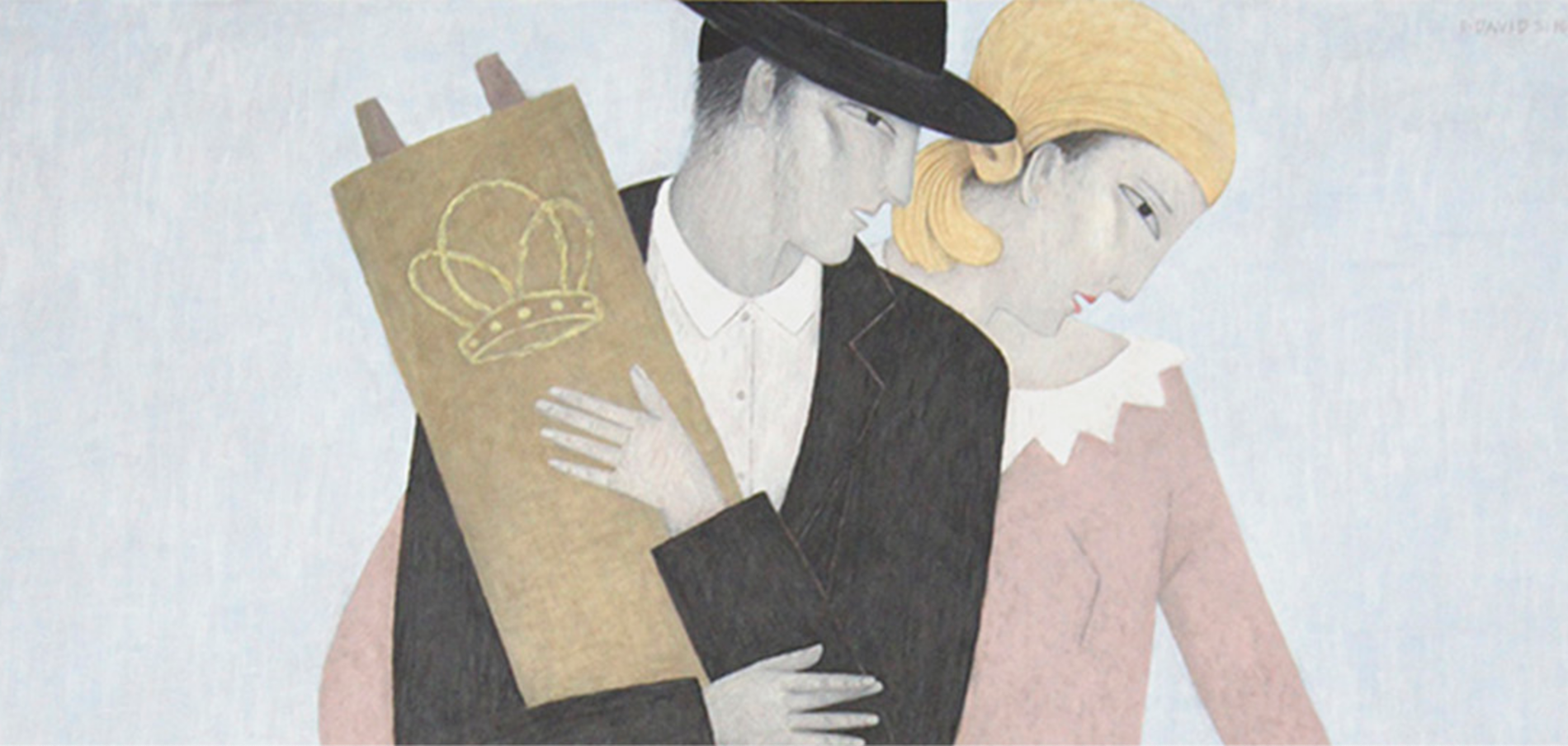
What Torah Laws Are Broken When People Act With Misplaced Piety?
Dear JITC-
We see people who insisted on davening with a minyan now catching and spreading this virus. What Jewish laws are people breaking when they act like this in these challenging times? Do Jewish texts give other examples of misplaced piety?
Thanks,
Yoni
Dear Yoni-
You’re being generous by referring to it as “misplaced piety.” The term you’re actually looking for is “chasid shoteh” – a “pious idiot.” The mishna in Sotah (3:4) teaches us that a pious idiot, a subtle sinner, a holier-than-thou woman and self-flagellating Pharisees all ruin the world; in each of these cases, the reason is because of their superficial piety. Since we’re leading up to the pious idiot, let’s define these, starting from the latter:
Self-flagellating Pharisees are people who beat themselves to show others how pious and humble they are. An example would be one who lowers his gaze so as not to look at women even though doing so causes him to walk into walls.
A holier-than-thou woman is one who prays all the time but her actions don’t match up with the façade that she presents.
An example of a subtle sinner is one who subtly influences a judge before the opposing litigant has arrived – such a person sins with “plausible deniability.” (The gemara provides a number of other examples.)
Which brings us to the pious idiot. The gemara on this mishna (on page 21b) defines a pious idiot as a man who sees a woman drowning but refuses to save her because doing so would be immodest. Tosfos on this gemara gives another example, from the Talmud Yerushalmi: a man who sees a child drowning so he starts to take off his tefillin. While he’s busy removing the tefillin, the child drowns.
The self-flagellating Pharisee is a danger to himself; he’s so determined to show off his piety that he risks self-injury. The “pious idiot” is a danger to others. He’s so concerned with his own personal piety that he’s willing to let you drown! He may be acting sincerely but his actions are no less dangerous.
When it comes to “pious idiocy,” the best real-life example I can think of is the notorious 2002 fire that occurred at a girls’ school in Mecca, Saudi Arabia. Fifteen students died because the Committee for the Promotion of Virtue and the Prevention of Vice – AKA the “religious police” – wouldn’t let the girls leave the school without the socially-accepted garb. (In Saudi Arabia, women appearing in public wear a long black cloak called an abaya.) Happily, the Saudi authorities took the incident seriously. Following a government inquiry into the tragedy, control of the girls’ schools was moved from a religious agency to the Ministry of Education.
(I chose this example not to pick on our Muslim cousins, because I’m sure there are plenty of analogous examples involving Christians and Jews. I cited this incident only because it’s a well-documented calamity that actually resulted from misplaced piety rather than a speculative case of what might happen.)
Which brings us to minyanim in the time of COVID-19. Happily, most of our religious authorities are aligning with the CDC and WHO in this matter but there are a few outliers. I saw, for example, one community leader who assured his followers that if they continue to daven with a minyan but are careful to refrain from talking in shul, that they would not contract the coronavirus. I don’t know his source for this assertion but you’ll forgive me if I choose to follow the majority.
Rav Hershel Schachter is one such authority who agrees with the medical (and halachic) consensus. The March 18-24 edition of the Jewish Vues cites Rabbi Schachter as saying, “The mitzvah to safeguard and preserve life overrides all mitzvos haTorah. It is not a midas chassidus to ignore saconas nefoshos. On the contrary, it is expressly and strictly forbidden. In the words of the Ba’alei haTosfos “domov be-rosho”; such an individual is culpable for any loss of life r”l (Rachmana litzlan) that ensues.”
Translating the Hebrew phrases, “The obligation to safeguard and preserve life overrides all the commandments of the Torah. It is not a trait of piety to ignore mortal danger. On the contrary, it is expressly and strictly forbidden. In the words of the authors of Tosfos, “responsibility for his blood is on his own head”; such an individual is culpable for any loss of life – God preserve us – that ensues.”
(You ask what laws one might violate through reckless endangerment? There you go!)
Years ago, when I worked for NCSY, a teen complained to me that her father yelled at her because he had to take her to the hospital on a Friday night. He blamed her for causing him to have to “break Shabbos.” I explained to her that such was not the case. Under normal circumstances, we don’t drive on Shabbos. Under other circumstances – such as if someone needs to go to the hospital – we do drive. That’s not “breaking” Shabbos, it’s keeping Shabbos because this is what the halacha requires!
This is true in many areas. Normally, we blow shofar on Rosh Hashana – it’s a mitzvah! But we don’t when the first day of Rosh Hashana falls on Shabbos. Even though doing so is called for by the Torah, the Rabbis forbade it to preserve the sanctity of the Sabbath. In most years, we show our love for Hashem by blowing the shofar; in other years, we show our love by not blowing the shofar, even though we really want to.
That’s what’s going on here. Under normal circumstances, we gather in our shuls to pray. But these are not normal circumstances and desperate times call for desperate measures. As with blowing the shofar on Shabbos, the proper course of action here is to refrain. The more one wishes he could attend his normal minyan, the more he will be rewarded for not doing so.
Sincerely,
Rabbi Jack Abramowitz
Educational Correspondent
Follow Ask Rabbi Jack on YouTube
If you found this content meaningful and want to help further our mission through our Keter, Makom, and Tikun branches, please consider becoming a Change Maker today.







